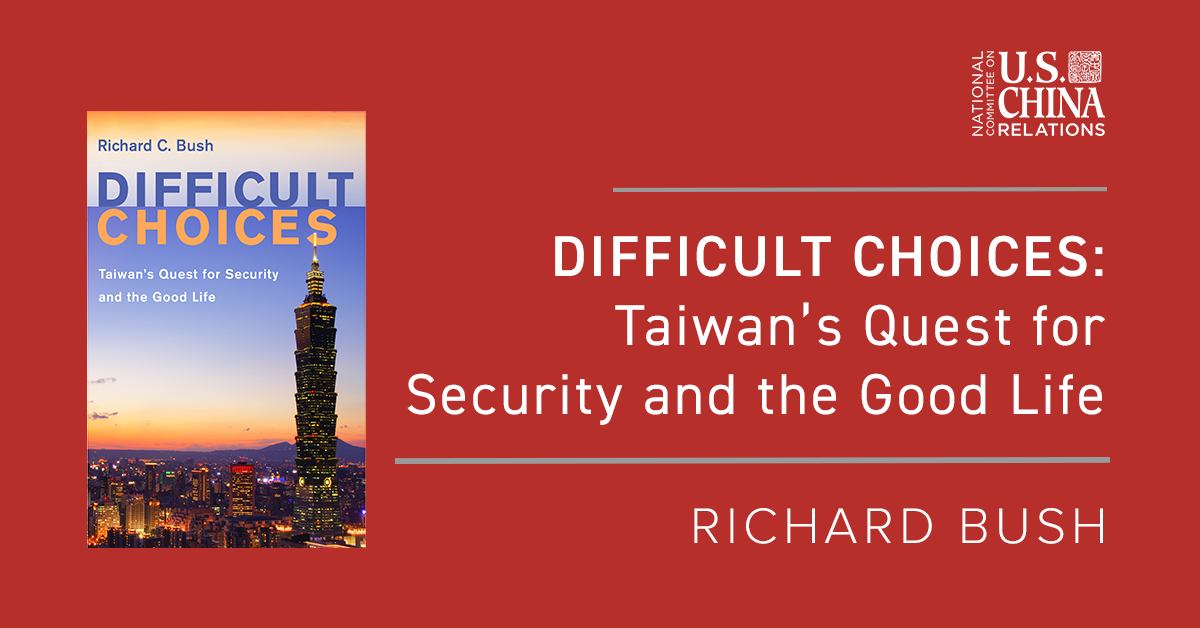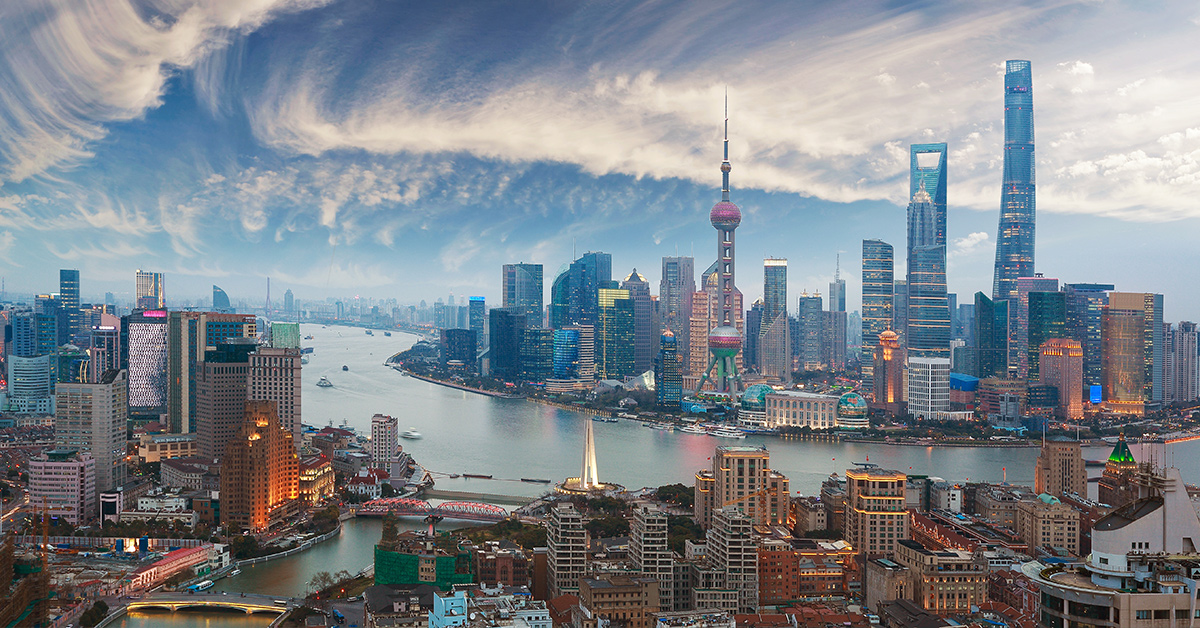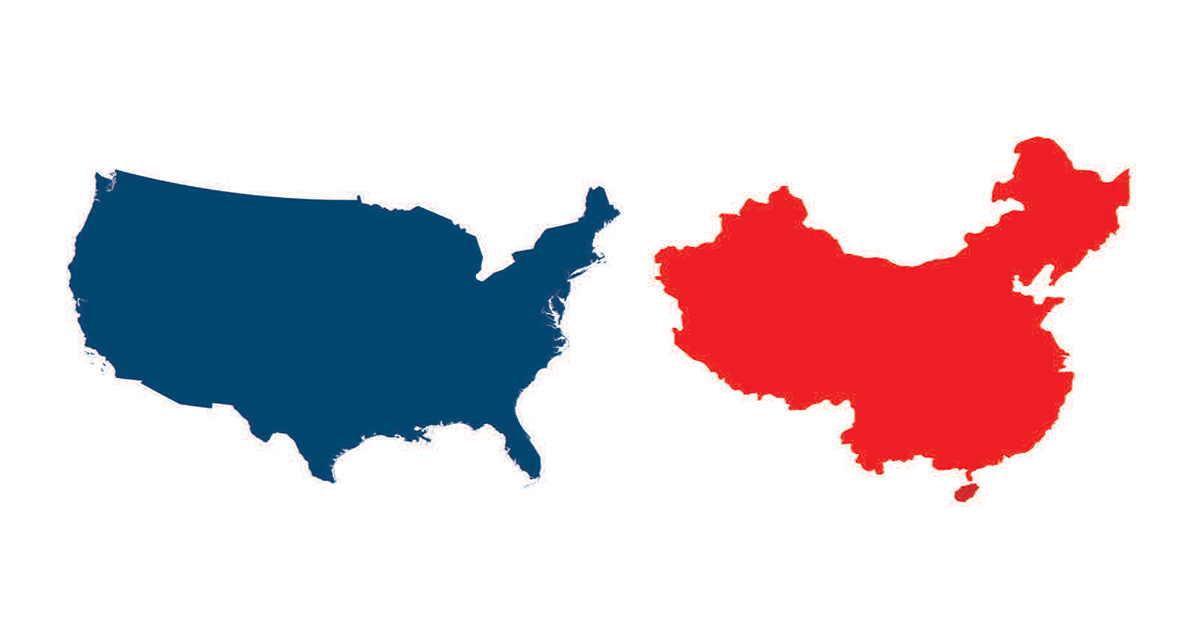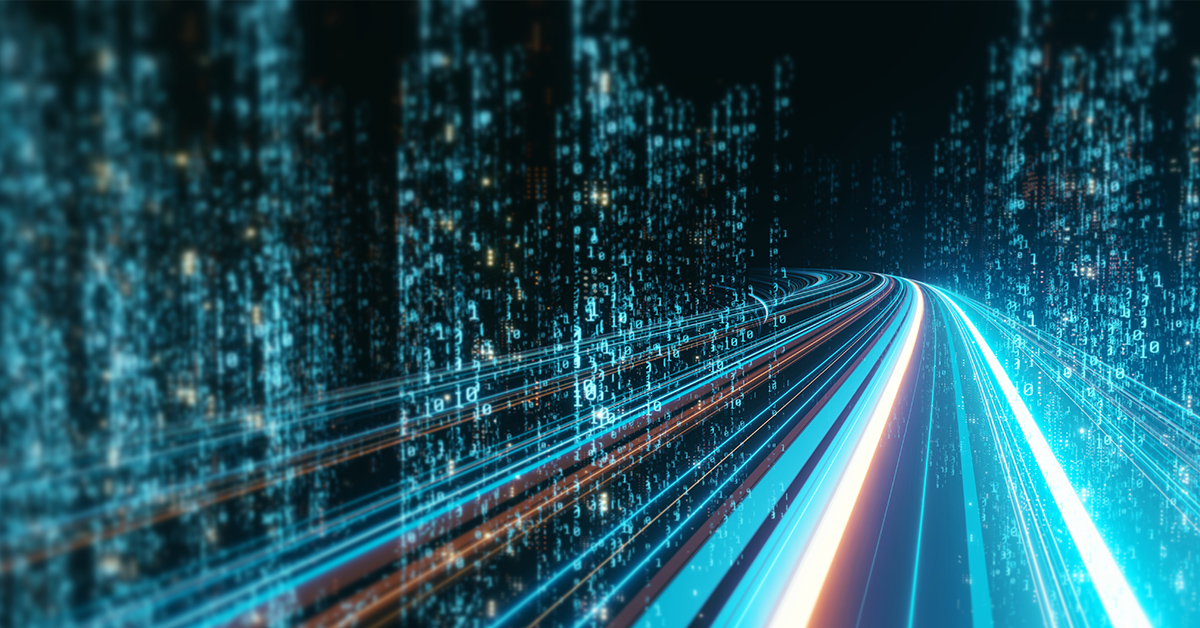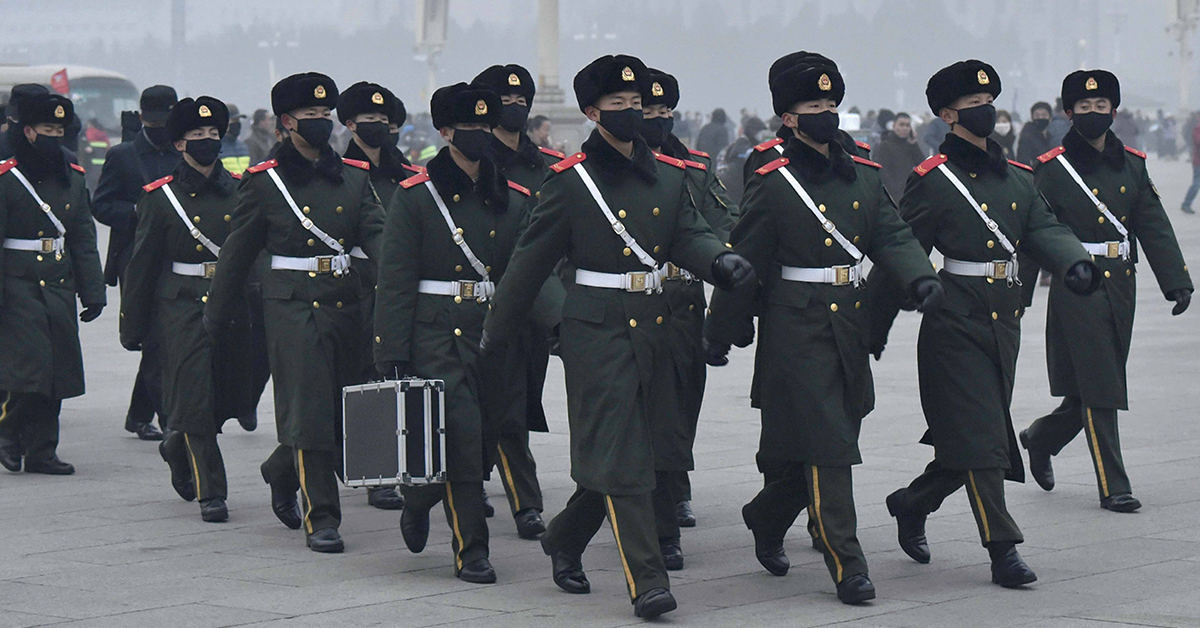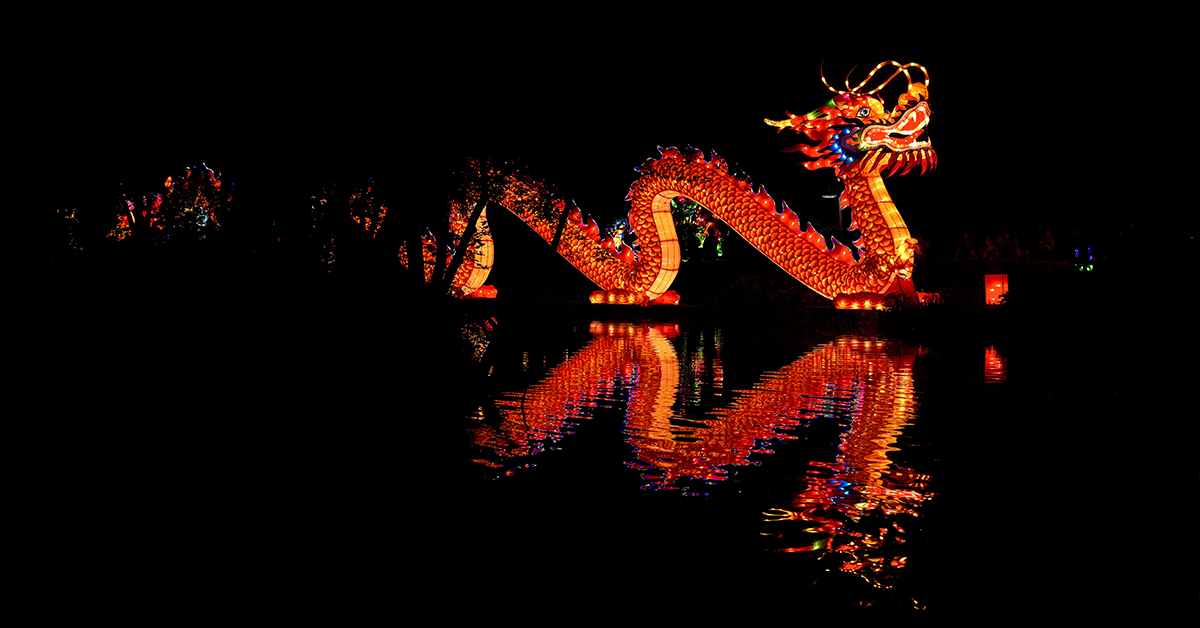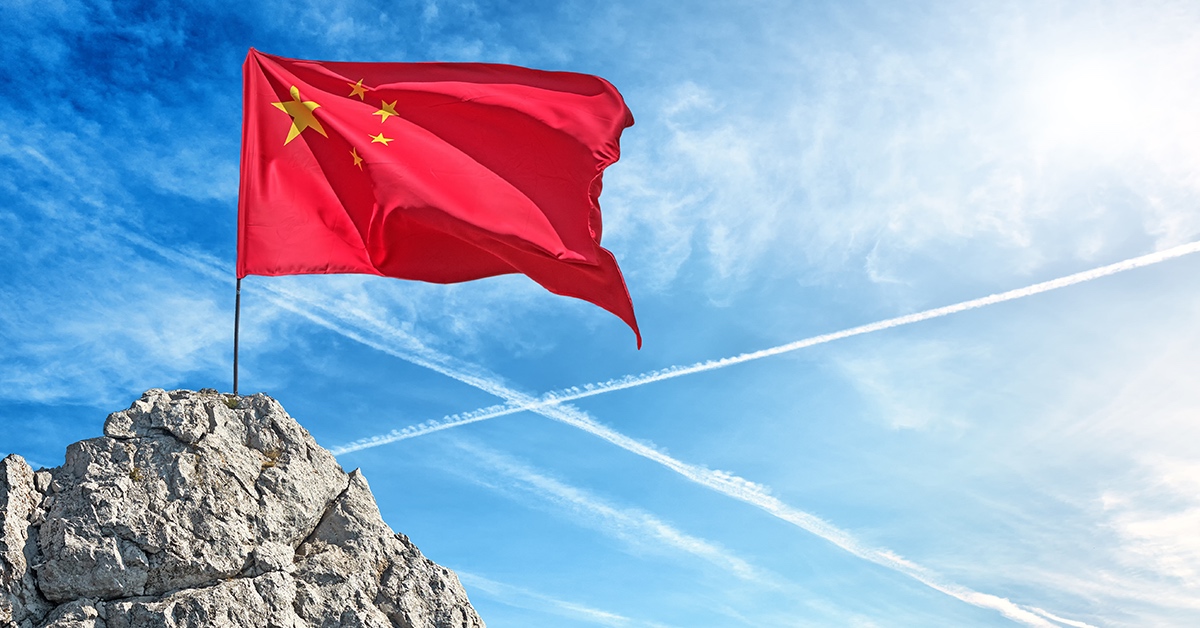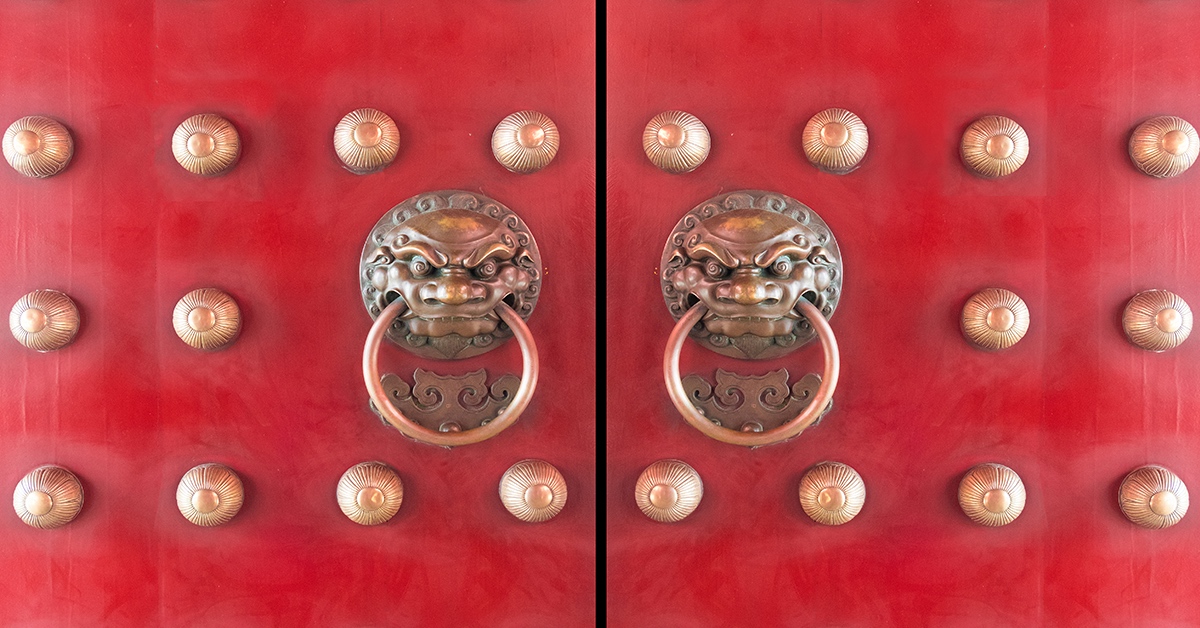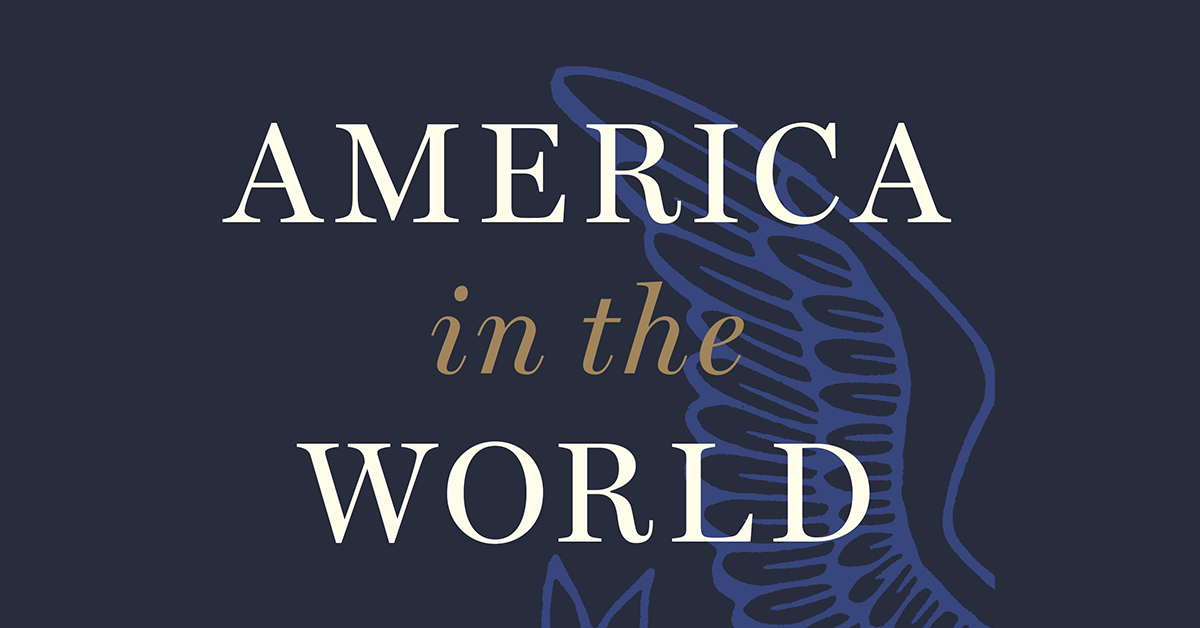Richard Bush explores how Taiwan can overcome internal stresses and threats from China, and what the United States might do to help.
Cheng Li considers Shanghai's middle class, cultural and educational exchange, and the prospects for a positive U.S.-China relationship.
Ryan Hass examines the relative advantages of the United States as he considers U.S.-China relations.
How Chinese science fiction may provide a window into national aspirations and sources of potential conflict as China aims to become a global innovation leader.
Yanzhong Huang argues that institutional failures result in critical environmental damage and related health crises in China.
China’s economic transformation of the last few decades has depended on an unskilled and poorly educated workforce; what will happen if the demands of the changing economic environment require better education and greater skills?
Chris Fenton discusses the parts American business, including the NBA and Hollywood, have played in China’s rise.
Ambassador Kishore Mahbubani reflects on the competition, and risks of confrontation, between the two world powers of the 21st century.
Dori Jones Yang's memoir describes her introduction to China as a correspondent during the excitement of the early reform era.
Robert Zoellick describes the history of U.S. foreign policy by analyzing five distinct themes.
